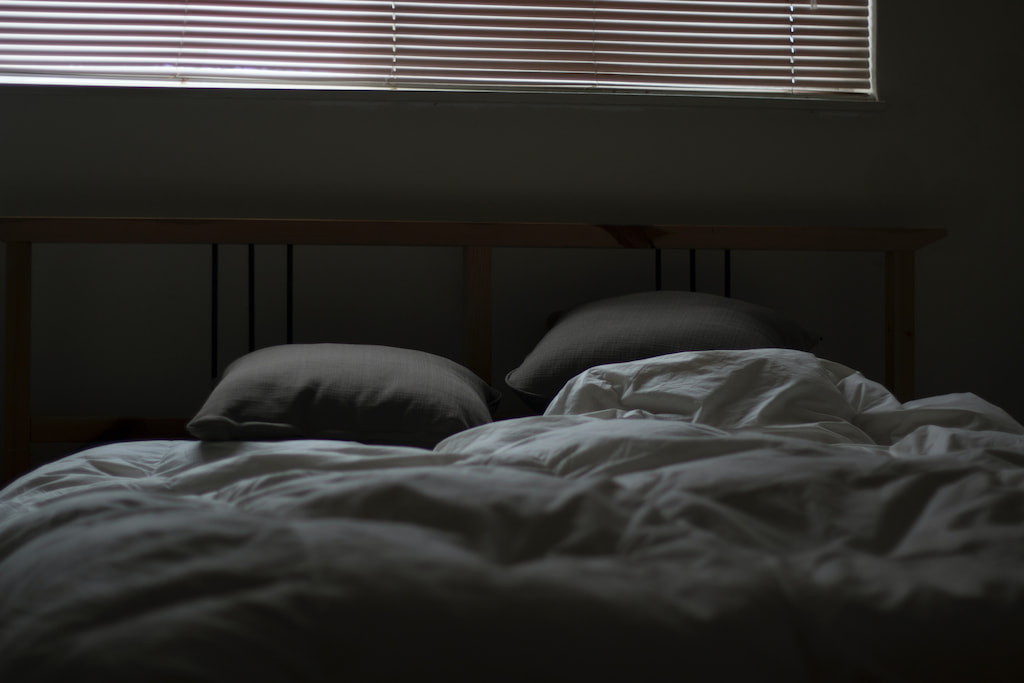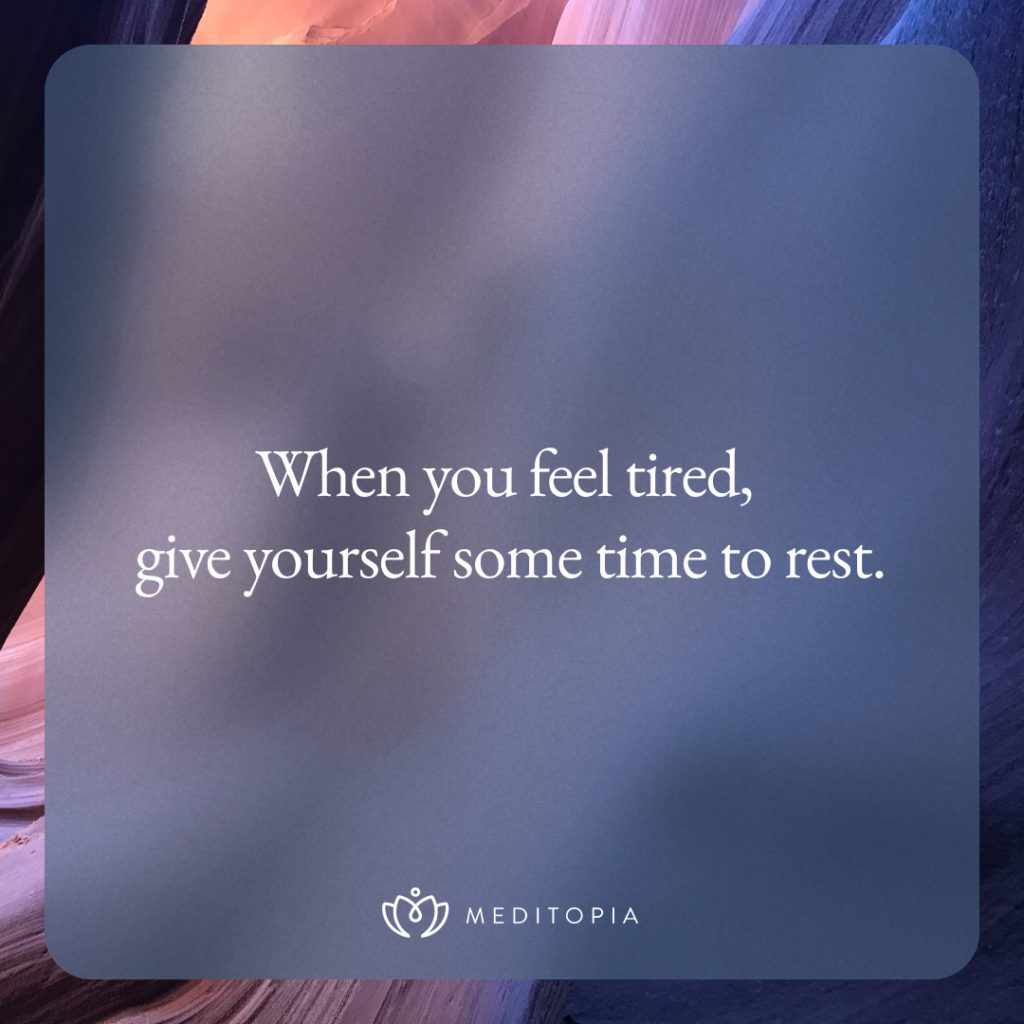Sleep’s Powerful Impact on Body & Mind

Content
People spend almost a third of their lives sleeping. In other words, sleeping is just as vital as eating, drinking water, and breathing. But, what do we actually know about sleep? How many types of sleep are there? What happens to our body and mind while sleeping? What are the effects of good sleep on our mental and physical health? What are the factors that affect our sleep quality? You can find the answers to all these questions and more below.
Let’s Start from the Very Beginning: What is Sleep?
Sleep can be defined as an active process that plays a crucial role in replenishing our physical and mental health every day. Although we’ve learned a lot about sleep in light of growing science and technology, sleep still continues to be a curiosity for scientists. For instance, the answers to questions like “Why do we have sleep cycles?” “Why do we dream?” or even “Why do we need sleep?” are still being sought after. However, we know that quality sleep positively affects both our psychological and physiological health, increases our performance during the day, improves our capacity to problem solve, and supports our emotional resilience.
A Closer Look at Sleep

We go through four different stages of sleep throughout the night. The sleep cycle consists of two parts: Non-REM (Non-Rapid Eye Movement) and REM (Rapid Eye Movement). The first three of these sleep stages belong to the NREM phase and the last stage we enter is REM. When we fall asleep, the first and second stage of sleep that takes place in this NREM phase is considered light sleep. The third stage of sleep is when repair and growth occur in our bodies, also known as slow-wave sleep. Finally, we enter the fourth stage of REM sleep, the stage of dreams.
Once we reach the REM stage, however, we don’t spend the rest of our sleep there. On the contrary, we cycle back and forth between REM and NREM phases throughout. About 75-80% of the time we spend in sleep is NREM, while 20-25% is REM sleep.
Our body reacts differently during NREM and REM phases. For example, in the NREM sleep phase, our body facilitates bone and muscle formation, tissue repair and regeneration, and strengthens the immune system. When we enter REM sleep, our brain activity increases. While memory and learning processes take place, our muscles are in a state of complete relaxation and relief. Interestingly, babies spend 50% of their sleep in the REM phase and adults only 20%.
So, how does our body adjust this cycle between sleep and wakefulness? The answer to this question is hidden in our body’s biological clock, known as the “circadian rhythm“.
Let’s go deeper into what happens to our bodies during sleep…
What Happens to Our Body and Mind During Sleep?

- The brain processes, sorts, organizes, and stores the information it acquires during the day.
Sleep doesn’t mean that the body and mind completely shut down. On the contrary, our brain is quite active while we’re asleep, almost even more so than when we’re awake. This idea was supported by a study conducted at Harvard University in 2010 that examined the energy consumed by the brain.
Adenosine Triphosphate (ATP) is a chemical that enables cells to perform their duties. In this study, it was observed that while ATP was produced in a stable amount during the day, the amount increased during sleep at night. The brain performs highly essential activities that require intense energy expenditure while we sleep. The foremost of these activities is the brain’s function of organizing and storing the information it acquires during the day.
Sleep is highly important particularly when it comes to processing long-term memory. Studies show an increase in our sleep duration, especially in the REM phase, after learning something new. This increase was observed even more so during the learning process of a difficult task, returning to its regular duration after the learning was completed. In fact, in a study conducted with students, students who were in an intense exam period had much more heightened eye movements in their REM sleep compared to those students who were not in an exam period. In other words, we could say that sleep has great significance in learning and in the organization, processing, and memory placement of information.
- Our hormonal functioning is at its best when we sleep well enough.
Sleep plays a vital role in the secretion, balancing, and regulation of hormones. Let’s check out the most well-known hormone associated with sleep: melatonin. Melatonin is secreted by the pineal gland and controls our sleep patterns. When our melatonin levels rise at night, we begin to feel sleepy. While we are asleep, our pituitary gland secretes growth hormone, which plays a role in our body’s growth and self-repair.
Have you noticed that after those nights when you can’t sleep, your eating patterns shift as well? Research links sleep patterns and eating patterns. According to a study, restful and regular sleep facilitates appetite control and keeps blood sugar levels in balance. Regular sleep also provides the balance of leptin and ghrelin, known as hunger and satiety hormones. In other words, through quality sleep, we can hear the signals of hunger and satiety better, establishing a more balanced relationship with food.
Another hormone known to be associated with sleep is cortisol, also known as the stress hormone. Good sleep lowers our cortisol levels and thereby helps to regulate our stress.
- Our nervous system cleanses itself of toxic substances.
Toxic wastes accumulate in our nervous system and sleep provides the removal of these toxic substances from the body, letting the body rest. Our sympathetic nervous system, which controls our “fight or flight” response, also has the opportunity to rest and relax during sleep.
Studies show that good sleep balances blood pressure and reduces sympathetic nervous system activity. However, the opposite is also true. In other words, when we don’t sleep well at night, our sympathetic nervous system’s activity increases. Have you ever felt restless, nervous, and alert after a sleepless night? Now you know why. At times like these, one of the best things you can do to ease your mind and calm your nervous system is to meditate.

How Do We Know If We’re Sleeping Well?
First of all, if we don’t sleep well, we can easily see its effects on our bodies. We feel the repercussions in various areas from our mood to physical fatigue, from our eating patterns to our performance throughout the day. Additionally, having trouble waking up in the morning, feeling depleted during the day, unable to concentrate at school, work, or sports, excessively consuming caffeine, waking up mid-sleep, along with our own subjective experiences can inform us about our sleep quality.
Patrick Fuller, a sleep scientist and senior professor of neurology at Harvard Medical School, defines good sleep as follows: If you woke up naturally without an alarm clock, as opposed to forcing yourself out of bed, then you’ve probably just had a good snooze.
We experience a different feeling when our body is well-rested and we wake up effortlessly without the need of an alarm clock. When that happens, it’s more than likely we had a good night’s sleep.

Why Should You Meditate Before Bed?
If you’re suffering from insomnia or having trouble falling asleep, you can experience the benefits of meditation with Meditopia. Studies show that meditation improves sleep quality and efficiency by helping us fall asleep more easily and quickly and allowing us to stay awake during the day.
Sleep is an essential and significant part of our lives. We can improve our sleep quality with simple changes in our daily routines or by adopting new habits such as meditation. Sleep can affect our daily life, job performance, emotional resilience, tolerance level, relationships, and more. In other words, it can affect our quality of life in a very positive way. It may also be helpful to seek help from a specialist if your sleep-related problems persist for a long time.
I wish you a good night!


